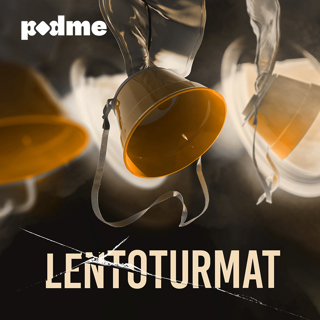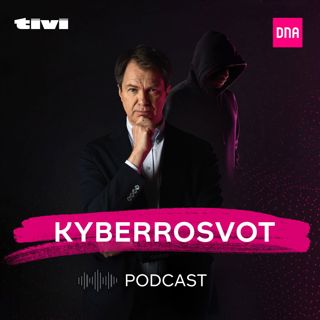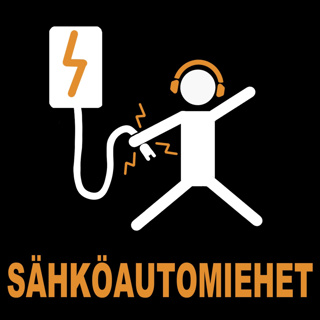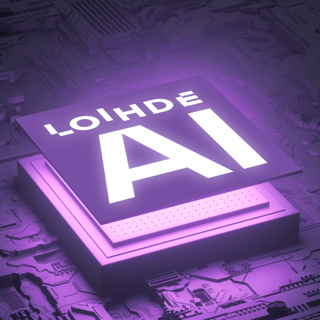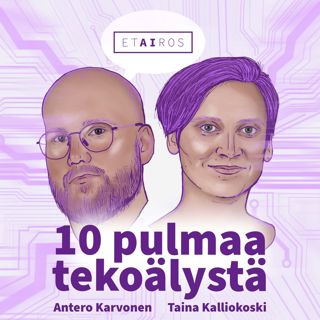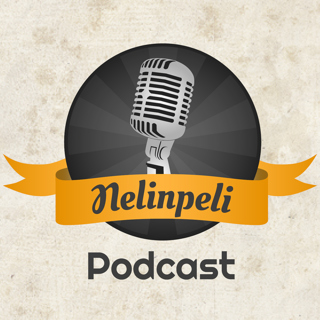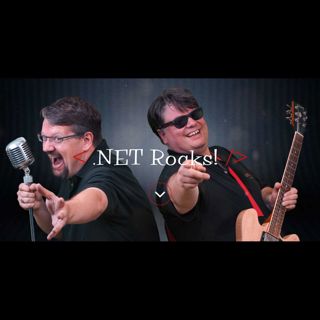
Scaling a Monolith with Derek Comartin
How do you scale a monolith? Carl and Richard talk to Derek Comartin about his blog posts and YouTube series around scaling a monolith. Derek talks about the tendency for folks to want to split a monolith into microservices without assessing if it will make a difference. There is no one right way! The conversation digs into different approaches to scaling - up, out, using caching, queuing, and more! There are many approaches to scaling your applications, and yes, microservices are an option, but there are many others!
6 Heinä 202358min

Going Full Time on Open Source with Shaun Walker
Can you quit your job and work full-time on your open-source project? Carl and Richard talk to Shaun Walker about his recent move to focus on Oqtane, the open-source application framework and CMS he has been developing for the past few years. Shaun talks about recognizing when an open-source project has matured to the point that it is being held back by not also providing a commercial license. For some folks, a commercial license is not an option - they need it to be able to use the software within the company. Then comes the tricky part: Setting up a business, and balancing the needs of the open-source community with the commercial customers. It isn't easy, but it can be done!
28 Kesä 20231h 2min

Azure Developer CLI with Savannah Ostrowski
How do you get your app running in Azure? Carl and Richard talk to Savannah Ostrowski about Azure Developer CLI (azd), an open-source tool to help developers using .NET, Javascript/Typescript, Python, Java, and more to get deployed into Azure. Savannah talks about staying high-level with azd commands, keeping the complexity of deployment pipelines in tools you already know how to use, like Bicep and Terraform. The conversation digs into the templating system to help assemble all the platforms and elements of an Azure deployment, depending on your application. There are a ton of options - check it out!
21 Kesä 202352min

Building Apps using OpenAI with Mark Miller
How can OpenAI help you program faster? Carl and Richard talk to Mark Miller about his experiments with OpenAI and CodeRush. Mark talks about the power of building agents to analyze code to write comments and tests - in parallel so that multiple agents can run simultaneously. Then the conversation turns to the potential of a voice interface as an effective way to work with Visual Studio - you were talking anyway!
15 Kesä 202358min

OpenTelemetry with Laïla Bougriâ
What can OpenTelemetry do for you? While at Techorama in Belgium, Carl and Richard talked to Laïla Bougriâ about her experiences with the open-source library that can help give you more insight into the behavior of your applications. Laïla talks about being able to instrument your applications from top-to-bottom, regardless of platforms or development stacks. The conversation digs into the differences between logging, tracing, and telemetry - and how each aspect adds value to understand what your applications are doing, and how you can make them better!
7 Kesä 202350min

No Free Lunch in Machine Learning with Jodie Burchell
When it comes to machine learning, there is no free lunch! While at Techorama in Antwerp, Carl and Richard talked to Dr. Jodie Burchell about her experiences working with machine learning models, including the large language models that drive tools like ChatGPT. Jodie starts with a great explanation of how these machine learning models are built - and there is a lot to it! This leads to a conversation about the limitations of those models and how they could be improved further. There's a lot of hype around LLMs right now - it will pass eventually, but in the meantime, be thoughtful of how you use these experimental technologies!
1 Kesä 202355min

PHP and WebAssembly with Jakub Míšek
The power of .NET means PHP can run in the browser efficiently! Carl and Richard talk to Jakub Míšek about PeachPie using WASM. Jakub talks about how easy it was to deploy PeachPie, the .NET implementation of PHP, into WebAssembly, much like Blazor works. Then the tricky bit starts - PHP is a server-side technology, so many of the constructs are based on trips to a server. That doesn't mean there aren't solutions, but they need some thinking through. The question is, do we want to run WordPress in a browser?
25 Touko 202352min

Immutable Architectures with Michael Perry
What's an immutable architecture, and why do you want one? Carl and Richard talk to Michael Perry about his book The Art of Immutable Architecture and the power of historical models. Michael talks about different designs for immutability, the ability to always look back through data, to avoid conflict between resources, and the advantages of eventual consistency. As Michael says, you already use immutable architecture - look at Git and how you only add new files to the system, always able to get back to a previous state! The conversation dives into implementing architecture in a way that helps to show where immutability makes sense.
18 Touko 202352min


